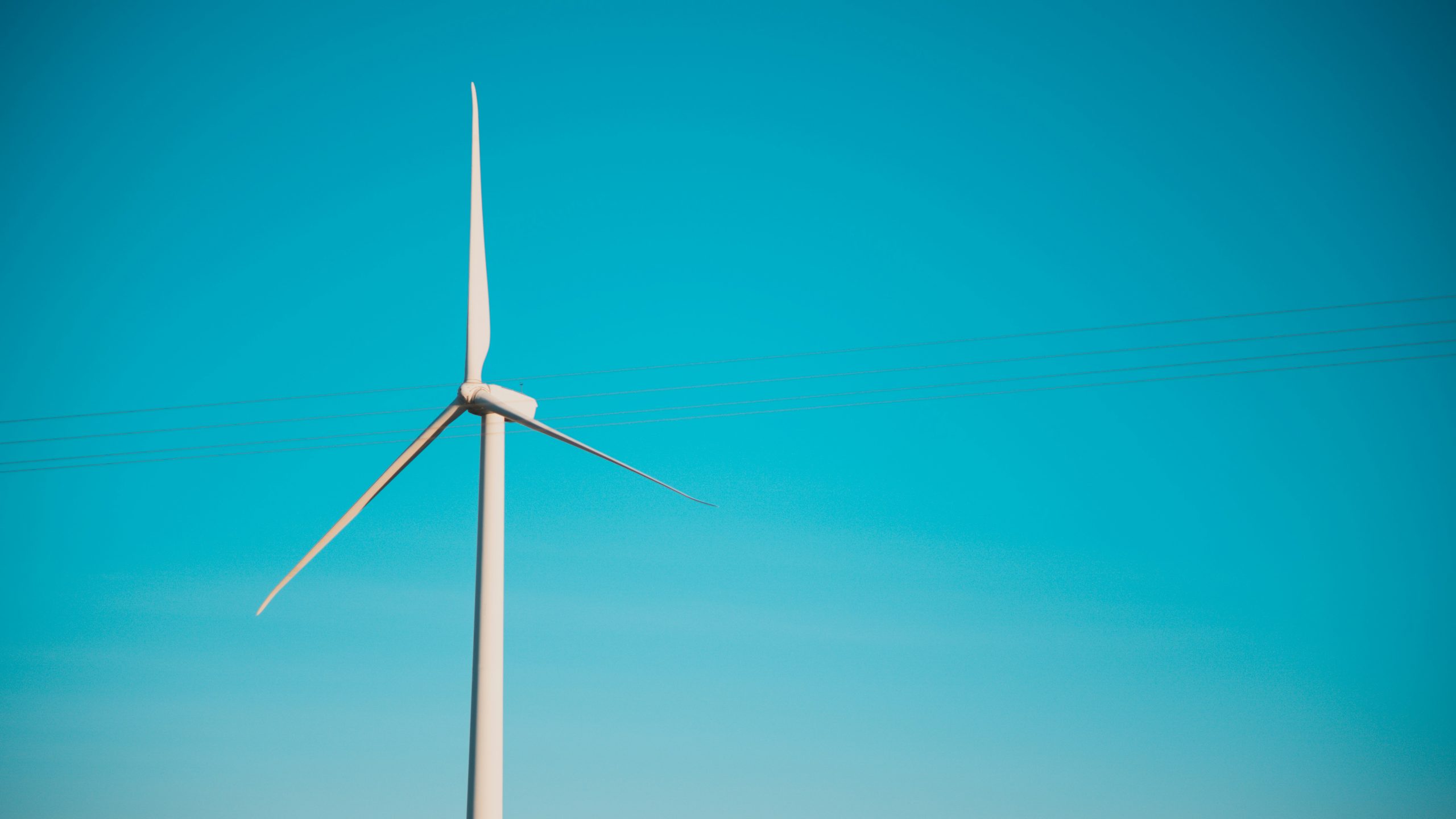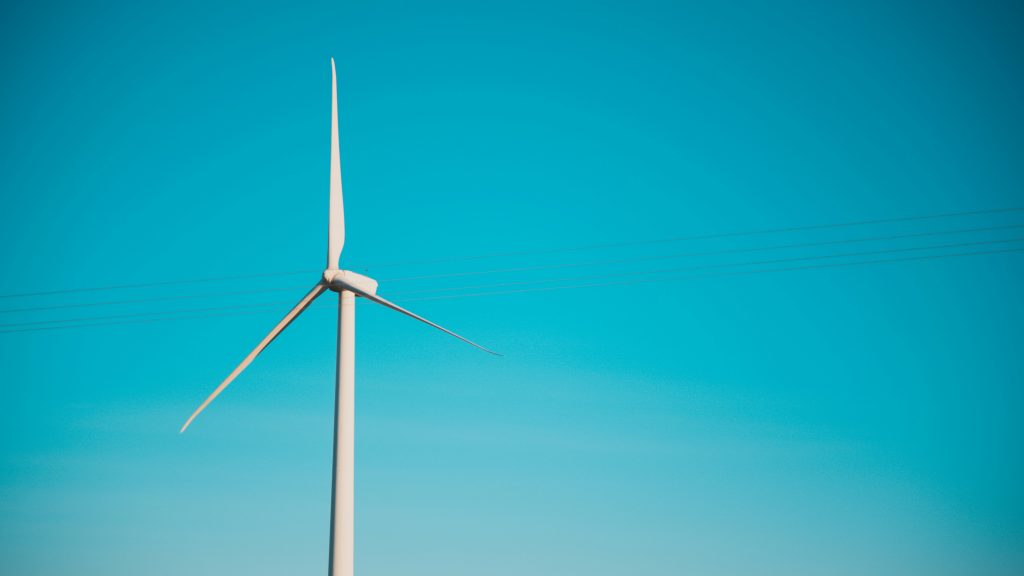With its potential and challenges, Brazil can be an example in the production of sustainable energy

With its potential and challenges, Brazil can be an example in the production of sustainable energy
A study by IEMA indicates the improvements that are needed to integrate renewable energy into the national electricity system
In an unprecedented goal established by the 28th United Nations Climate Change Conference (COP 28), which was held in December 2023, in Dubai, it was stipulated that by 2030 it will be necessary to triple the installed capacity of renewable energy sources and double the gains in global energy efficiency. In this regard, with the support of iCS , the Institute of Energy and the Environment (IEMA), in partnership with the Clean Energy Coalition, has launched the document “Integration of renewable energy into the Brazilian electrical system.” This highlights the challenges and possibilities of the production of clean energy in Brazil.
With the growing energy peaks, which are a consequence of the increasingly frequent heat waves, the demand for electric energy has increased. Examples of this phenomenon were the two demand records in the country. The first of these occurred in November 2023. At the time, electricity consumption was recorded at 101,475 MW (megawatts). This was broken four months later, in March 2024, when the electricity demand reached 102,478 MW.
In order to comply with the goal stipulated by the Paris Agreement of not exceeding the average global temperature increase of 1.5 °C, the generation of clean energy is considered mandatory. Brazil has an advantage in this process. The climate is favorable for the generation by renewable sources, which, excluding the hydroelectric power plants, have recorded an increase. From 2022 up to now, there has been an 89% growth in installed capacity, i.e., in the potential for electrical production, from wind and solar sources, which are now responsible for approximately 30% of the total capacity of the country.
Despite its privileged position, Brazil still faces challenges to be overcome in order to include the growing volume of renewable energy projects – solar, wind and biomass – in its electricity matrix. To achieve this, the study provides some reflections and guidelines for improvements in the electricity system, including socioenvironmental, regulatory, operational, planning and price formation improvements.

Wind and solar energy generation increased by 89% from 2022 to 2024. Credit: Andrew Schultz/ Unsplash
